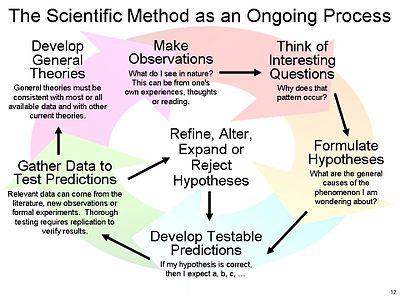I'll be less neutral than PM in my assessment of Critical Theory since it affects my chosen profession negatively and my mentors have taught me to think past it.
Critical Theory is, in short, the square hole into which progressive "academics" attempt to shove the many-shaped and many-sized of world cultures and historical peoples. Critical theory goes at the humanities from an ideological perspective; it seeks to find evidence for foregone conclusions and consequently becomes a tool of agenda mongering that distorts the study of the past for personal ideological benefit.
It is not a tool that is restricted to the "left" or the "right." The Straussian Critical Theorists, for example, are a pack of conservatives that look to distort historical texts into critiques of modern political thought. For example, the Straussian critique of the Periclean Funeral Oration in Thucydides argues that Thucydides is putting words in Pericles' mouth to make his praise of Athens ironic; they argue that Thucydides is a "conservative" attempting to demolish the "statist" policies that Pericles enacted. Of course, this notion is undercut by both Thucydides language elsewhere in his Histories as well as the methods for writing speeches that he lays out else where in his work.
On the other end of the spectrum, you get dithering fools identifying themselves as "Marxist feminists" and the like who bring just as many suppositions to the table and then distort the facts in another direction in order to fulfill their agendas. For example, a "Feminist Marxist" will denounce the social structure of the late Roman civilization because women were largely the mistresses of the private sphere whereas men were masters of the public sphere. They will not take into account instances of women business owners, the fact that matriarchs had complete control over a household's finances, the fact that women like the Empress Livia (according to the historian Suetonius) publically organized social services like fire brigades, and so on and so forth.
Critical theory represents the bastardization of the humanities by attempting to jam them into the methodologies of the sciences. In the sciences, as I understand, you have the hypothesis first and then perform tests to refute or support it; if it fails, you review and revise the hypothesis accordingly, then perform more tests. This method does not work for the study of history.
To study historical cultures, you need to go in without suppositions and with as little personal baggage as possible. You need to understand the language of the culture you're studying because language grants insights into a culture's ways of knowing that are totally lost in translation. You need to begin from the ground up as a humble observer, taking trusting your sources but verifying them, and then only crafting a thesis once you've gained enough knowledge to have a proper understanding. The discovery of the sciences is a fundamentally different kind of discovery from what comes from the humanities.
Furthermore, Critical Theory blinds its practitioners with what one of the wisest men I know calls the "Folly of Modernity"-- which is to say applying modern values to historical writers. For example, the Folly of Modernity might cause a historian to say, for example, that Greek and Roman authors didn't believe in their gods because we don't understand the nature of their piety.
In conclusion, the issue with Critical Theory is that it speaks more than it listens. It presupposes universal truths of academia that are in reality artificial constructions. It shouts over the past and tries to force the human experience into rigid paradigms. It harms the collective understanding of what it means to be human and hampers our connection with historical memory.

